Overview
Birendra Memorial College (BMC) in Dharan, Sunsari, Nepal, is affiliated with Tribhuvan University (TU) and has served learners since 2003 AD (2060 BS). The college runs BSc CSIT, BSc Microbiology, BBS, and MBS. Readers searching for “BMC Dharan,” “Birendra Memorial College TU,” “BSc CSIT Dharan,” or “BSc Microbiology Dharan” will find program details, admission steps, scholarships, facilities, and outcomes in one place.
The aim is clear: present verified information that helps students, parents, teachers, planners, and researchers make sound decisions.
BMC follows TU curricula and maintains an academic setting where teaching, practical work, and assessment move in step with the syllabus. Learning is supported by laboratories, a working library, short trainings, and field or industry exposure where required.
Quick Highlights
-
Location: Dharan, Sunsari, Nepal
-
Affiliation: Tribhuvan University (TU)
-
Establishment: 2003 AD (2060 BS)
-
Programs: BSc CSIT, BSc Microbiology, BBS, MBS
-
Admission: TU/IOST entrance for BSc CSIT; TU rules for other programs
-
Scholarships: At least 10% of enrolled students receive support under college policy
-
Facilities: Subject-specific labs, library, academic building, student support desk
-
Exposure: Industrial visits, trainings, tours, seminars; BSc CSIT internship is mandatory
-
Graduate Roles: Developer, IT Officer, Branch Manager, and roles in local firms and service sectors
-
Partner Links: Smart Tech Pvt. Ltd., E-Signature Pvt. Ltd., Pragmatic Technology, Zigbee IT Solutions
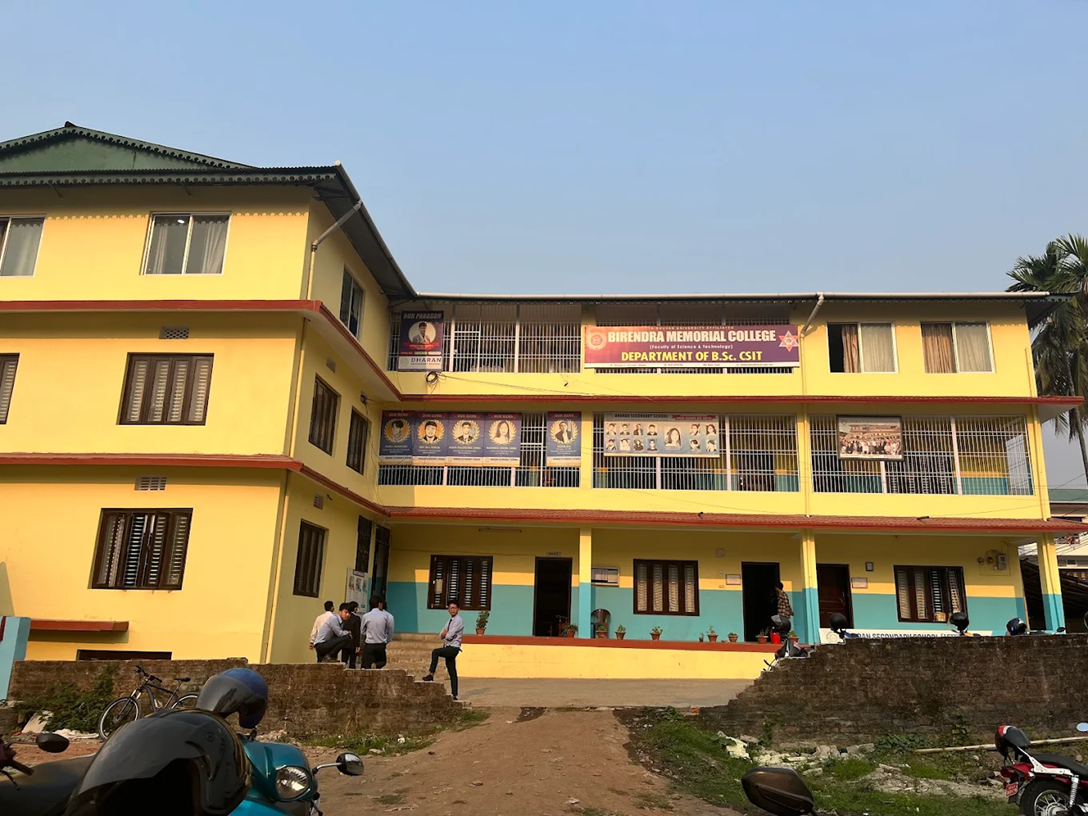
Academic Programs Offered
BSc Computer Science and Information Technology (BSc CSIT)
A four-year, eight-semester TU/IOST program that covers programming, data structures, databases, operating systems, networking, software engineering, web technologies, and information security.
Skill areas
-
Programming and problem-solving
-
Database planning and administration
-
Web and mobile application development
-
Computer networks and system setup
-
Information assurance and security basics
-
Project planning, documentation, and version control
Learning exposure
-
Weekly lab practicals tied to course units
-
Semester projects with demonstrations
-
Technical talks and short trainings
-
Mandatory internship in a real workplace
BSc in Microbiology
A four-year program that studies bacteria, viruses, fungi, algae, protozoa, and their roles in health, industry, and the environment. Courses include bacteriology, virology, mycology, immunology, microbial genetics, and biotechnology.
Skill areas
-
Culture, staining, and identification
-
Clinical and environmental techniques
-
Quality control for labs and food industry settings
-
Basics of bioprocess and fermentation
-
Record-keeping, biosafety, and lab ethics
Learning exposure
-
Regular laboratory practicals
-
Guided projects and short reports
-
Field visits when required
Bachelor of Business Studies (BBS)
A four-year management degree that builds a foundation in accounting, finance, marketing, operations, and organizational studies. It prepares learners for entry-level roles in business and public organizations or for graduate study.
Skill areas
-
Financial and managerial accounting
-
Consumer insights and marketing plans
-
Human resource and organizational behavior
-
Business communication and reporting
-
Basic research methods and presentation
Master of Business Studies (MBS)
A two-year TU master’s program covering strategy, finance, marketing, and operations with seminars and project work. It suits graduates seeking mid-level roles, consulting pathways, entrepreneurship, or further study.
Skill areas
-
Strategic and financial analysis
-
Organizational systems and leadership practice
-
Market research and decision support
-
Academic writing and seminar presentation
Admission Process
BSc CSIT (TU/IOST)
Eligibility
-
10+2 or equivalent with Physics, Chemistry, and Mathematics
-
Minimum grade C in each subject
-
A-Level candidates: at least grade D in Physics, Chemistry, and Mathematics
Process
-
Fill the TU/IOST BSc CSIT entrance application from any TU constituent or affiliated college that offers the program
-
Sit for the IOST entrance exam and qualify
-
Seek admission at BMC within the announced timeline based on merit and available seats
BSc Microbiology, BBS, MBS
These programs follow Tribhuvan University regulations on eligibility, selection, and intake schedules. Candidates should check current TU notices and BMC updates for grade requirements, document lists, and dates. For graduates from other boards or systems, follow equivalence and migration rules as set by TU and national authorities.
Common steps for all programs
-
Submit the completed application with required documents
-
Attend entrance/interaction if prescribed by TU or the program
-
Complete fee formalities within the notified period
-
Confirm seat allocation as per merit and announced quotas
Teaching Faculty and Learning Methodology
BMC’s teaching team includes experienced lecturers and professors active in classrooms, labs, and academic counseling. Instruction combines lectures, tutorials, lab sessions, presentations, and guided projects. Internal evaluations and practical exams align with TU’s semester system.
Learning methods used
-
Concept classes with local and global examples
-
Lab work aligned with weekly units
-
Group tasks, paper presentations, and seminars
-
Field or industry visits where course outcomes need exposure
-
Regular feedback on assignments and projects
Faculty members pursue advanced study and training. The working rule is steady teaching, fair assessment, and academic integrity.
Infrastructure and Learning Facilities
-
Library: Course texts, reference materials, journals, and reading spaces for daily study and exam prep.
-
Laboratories: Program-specific labs for CSIT and Microbiology with instruments, safety rules, and lab manuals.
-
Academic Building: Classrooms sized for small and mid-sized groups, with board work and projection where needed.
-
Student Support: Notices on exams and deadlines posted in advance; counseling hours and guidance for forms and records.
Facilities are maintained so classes, labs, and assessments run on time across the semester.
Student Life and Campus Experience
Daily life is structured but friendly. Classes run to a fixed schedule; labs and projects encourage teamwork and consistent attendance. Study circles form before internals and finals. Short trainings, seminars, and guest sessions add context to classroom learning.
Typical week
-
Theory and practical classes
-
Lab records and short assignments
-
Project check-ins with mentors
-
Library time and group study
Extracurricular Activities (ECA)
Extra and co-curricular events connect learning with practice. Activities vary by semester and program focus.
Examples
-
Coding meets, paper presentations, and technical talks
-
Science and management seminars
-
Case discussions and report writing sessions
-
Sports and cultural programs on the calendar
These events support communication skills, teamwork, and presentation habits that help during internships and job interviews.
Scholarships and Financial Support
-
At least 10% of total students receive scholarships under the college scheme.
-
Categories may include academic merit and other criteria announced at intake.
-
Renewal depends on performance and attendance as stated in the scholarship rul.es
Applicants should review the latest notice during admission, submit all forms on time, and keep copies of receipts and award letters for records.
Achievements and Institutional Milestones
-
Academic performance: A BMC learner earned Purbanchal topper in a recent seventh-semester exam (as reported by the college).
-
Graduate roles: Alumni have worked at Leapfrog, Genese Cloud Academy, Pragmatic Technology, and WorldLink in roles such as Developer, IT Officer, and Branch Manager.
-
Partner links for exposure: Smart Tech Pvt. Ltd. (Kathmandu), E-Signature Pvt. Ltd. (Kathmandu), Pragmatic Technology (Kathmandu), Zigbee IT Solutions (Dharan).
-
Campus culture: The college states a standing policy to keep learning spaces free from political interference and to maintain fair evaluation practices.
Why Choose This Institution?
-
TU Affiliation and Recognition in Nepal: Programs run under Tribhuvan University, which provides clear pathways for higher studies and ensures national compliance.
-
Focused Portfolio: Four core programs—BSc CSIT, BSc Microbiology, BBS, MBS—help the college direct staff time and facilities where they matter most.
-
Practical Learning: Lab practicals, course projects, visits, trainings, and seminars connect classroom concepts with real settings.
-
Clear Admission Steps: BSc CSIT follows the IOST entrance route; other programs run as per TU rules with transparent notices.
-
Scholarships: A defined scholarship policy opens access for deserving learners.
-
Graduate Outcomes: Documented placements in tech firms and service sectors show steady transitions from study to work.
-
Academic Integrity: A stated non-interference stance supports fair teaching, learning, and assessment.
Conclusion
Birendra Memorial College in Dharan offers TU-affiliated study in science and management with steady teaching, practical exposure, and a clear admission pathway. Students aiming for BSc CSIT, BSc Microbiology, BBS, or MBS can match interests and eligibility with the points listed above. For intake dates, entrance notices, scholarship updates, document lists, and fee details, follow TU circulars and visit BMC’s admission desk during the application window.
Contact Details
Birendra Memorial College
Email Address: bmccsit@gmail.com
Phone Number: +977-25-527320, +977-25-525441, +977-25-579759, +977-9801184298, +977-25-530158
Location: Dharan-1, Bhupi Marga, Sunsari, Nepal



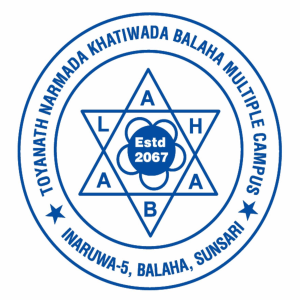
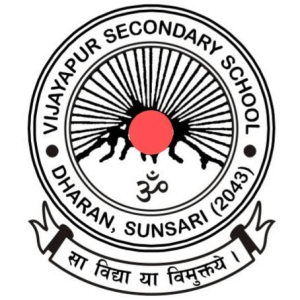
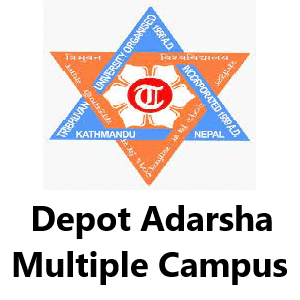
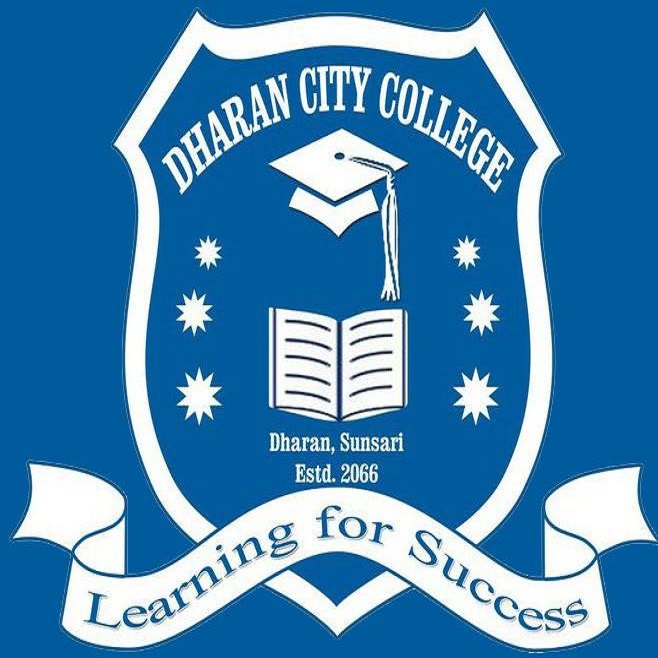
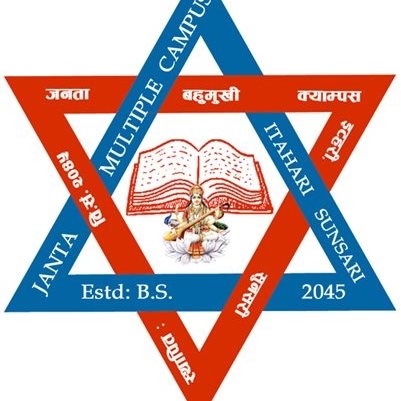
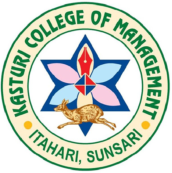










You need to login to comment.